Water damage is a common occurrence that can have severe consequences for both your property and your health. Whether it’s caused by flooding, plumbing leaks, or roof leaks, water damage can lead to mold growth and building materials deterioration. Mold can cause various other problems like allergies, chronic migraines, and respiratory issues. In this article, we will explore the various ways in which water damage can impact your health and provide valuable insights on how to mitigate these risks.
Water damage is a widespread issue that affects countless homeowners and businesses. It is essential to recognize the potential health risks associated with water damage and take appropriate measures to address them promptly.
Understanding Water Damage
Water damage occurs when excess water infiltrates your property, leading to structural issues and potential health hazards. This can happen due to various reasons such as heavy rain, burst pipes, faulty plumbing, or even natural disasters like hurricanes and floods.
Water Damage Health Risks – The Dangers of Mold
One of the most significant health concerns associated with water damage is the growth of mold. Mold thrives in damp environments and can quickly spread throughout your property if not addressed promptly. Exposure to mold can cause a range of health problems, including allergic reactions, respiratory issues, and even infections in individuals with compromised immune systems.
Allergies and Respiratory Issues
Water damage creates a favorable environment for allergens such as dust mites and mold to flourish. These allergens can trigger allergic reactions and exacerbate respiratory conditions such as asthma and bronchitis. Symptoms may include sneezing, coughing, wheezing, and shortness of breath.
Increased Risk of Infections
Prolonged exposure to water-damaged areas can increase the risk of infections. Bacteria and other pathogens can thrive in damp environments and contaminate the air and surfaces. Skin infections, sinus infections, and respiratory tract infections are common health issues that can arise from exposure to contaminated water.
Chemical Contamination
In addition to mold and pathogens, water damage can also introduce harmful chemicals into your property. When water infiltrates building materials, it can dissolve and carry chemicals from paints, cleaning products, and other substances. These chemicals can pose health risks if ingested, inhaled, or come into contact with the skin.

Structural Damage and Safety Hazards
Water damage can weaken the structural integrity of your property, leading to safety hazards. Damaged walls, floors, and ceilings can collapse, posing a significant risk to occupants. Additionally, water-damaged electrical systems can cause electrical malfunctions, increasing the chances of fires and electrocution.
Prevention and Mitigation Strategies
Taking proactive measures to prevent water damage is crucial for safeguarding your health and property. Here are some essential prevention and mitigation strategies:
- Regularly inspect your property for leaks, cracks, and signs of water damage.
- Ensure proper drainage around your property to prevent water accumulation.
- Install and maintain a high-quality sump pump in your basement.
- Seal any gaps or openings that could allow water to enter your property.
- Promptly repair any plumbing issues or roof leaks.
- Use dehumidifiers and proper ventilation to control humidity levels indoors.
Hiring Professional Restoration Services
When water damage occurs, it is vital to seek professional restoration services. These experts have the necessary knowledge, equipment, and experience to assess the extent of the damage, mitigate risks, and restore your property to its pre-damage condition. They can also identify and address hidden issues such as mold growth and structural damage.

Insurance Coverage for Water Damage
Review your insurance policy to determine the extent of coverage for water damage. Some policies may exclude specific types of water damage or require additional riders for comprehensive coverage. Understanding your insurance coverage will help you make informed decisions in case of water damage.
Conclusion
Water damage poses significant risks to both your property and your health. The growth of mold, allergens, pathogens, and chemical contamination can lead to various health issues, ranging from allergies and respiratory problems to infections and safety hazards. By taking preventive measures, addressing water damage promptly, and seeking professional restoration services, you can mitigate these risks and ensure a safe and healthy living environment.
FAQs
Mold can begin to grow within 24 to 48 hours after water damage occurs.
Yes, prolonged exposure to water damage can lead to chronic health issues, especially if mold growth is present.
Look for signs such as water stains, musty odors, peeling paint, warped floors, or visible mold growth.
For minor water damage, you can attempt to clean it up yourself. However, for significant damage, it is best to hire professional restoration services.
It depends on your insurance policy. Review your coverage and consult with your insurance provider to understand the extent of coverage for water damage restoration.



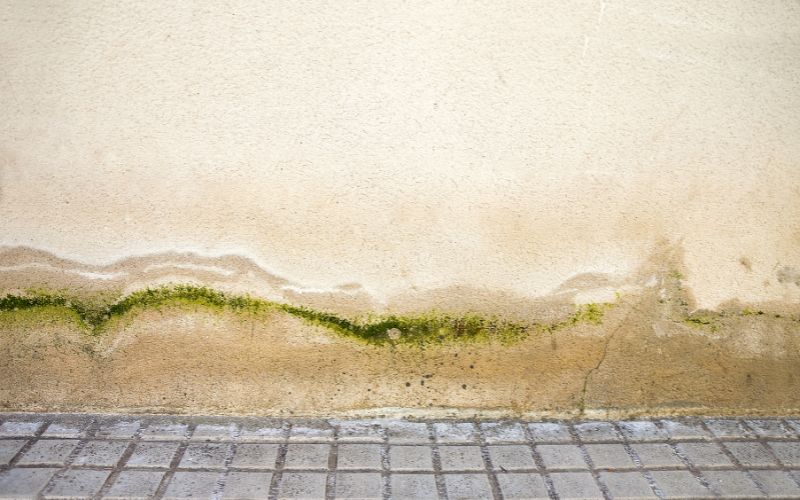
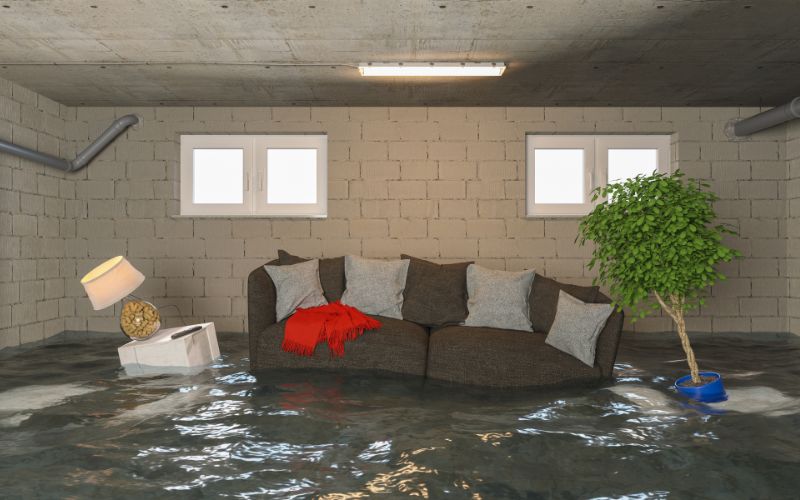
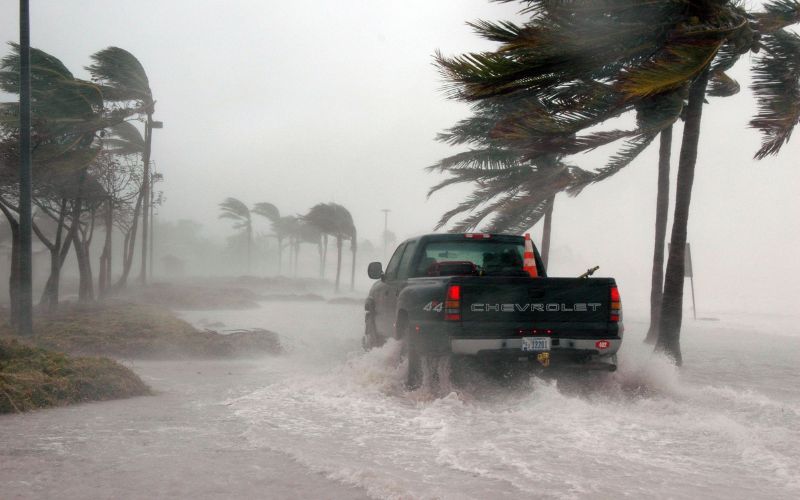
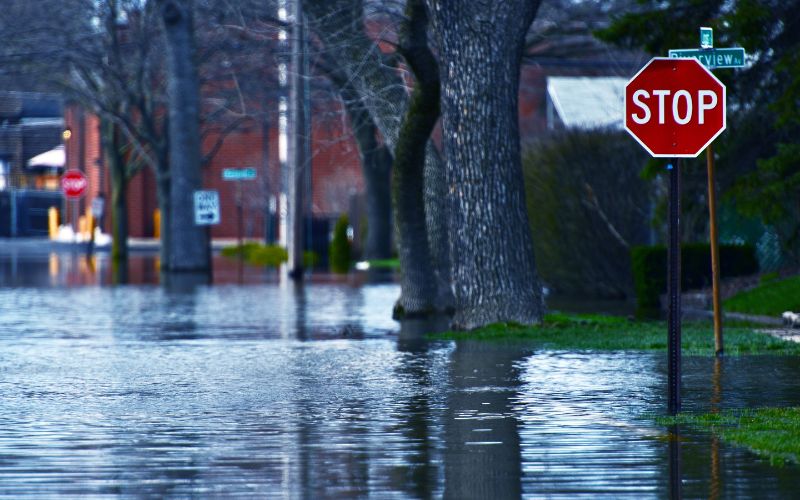
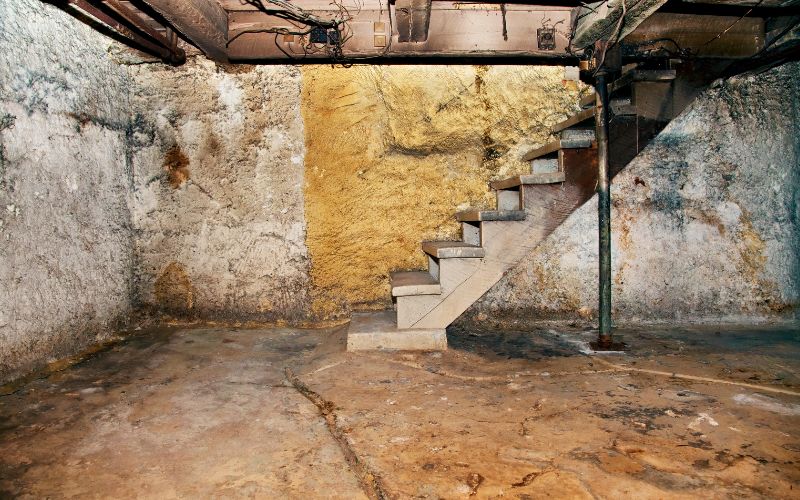





 by
by